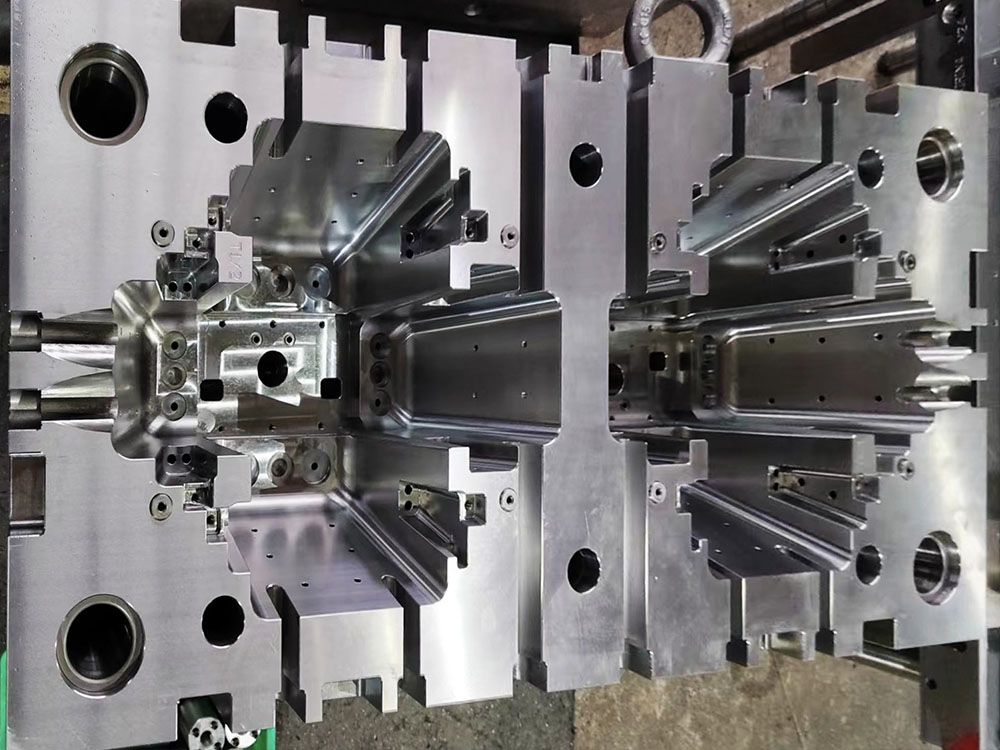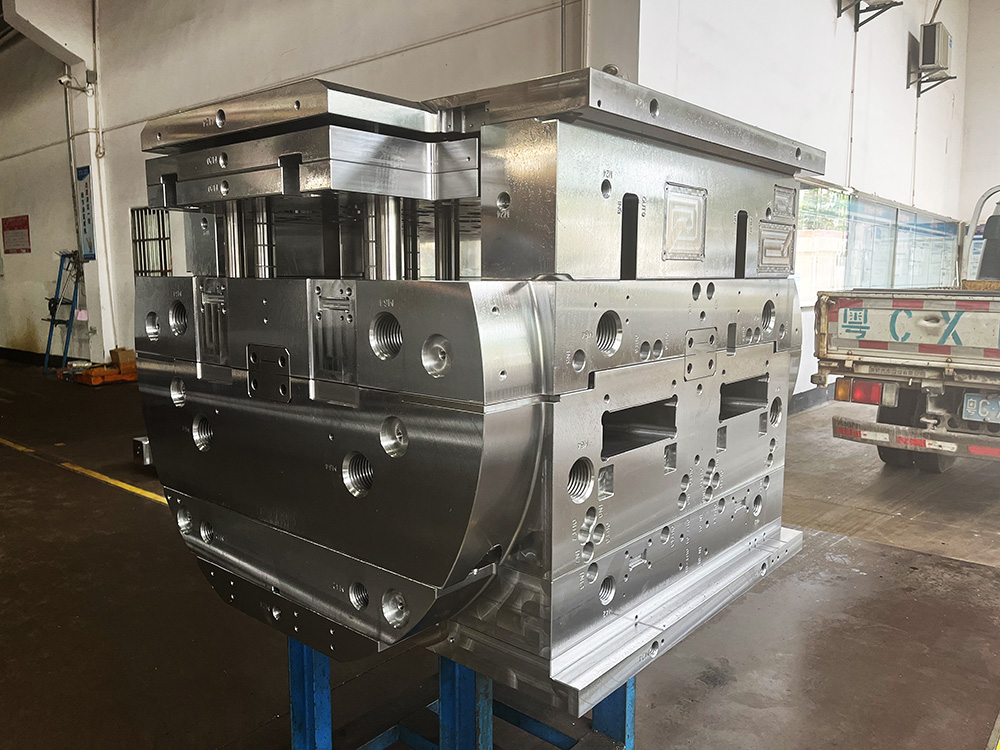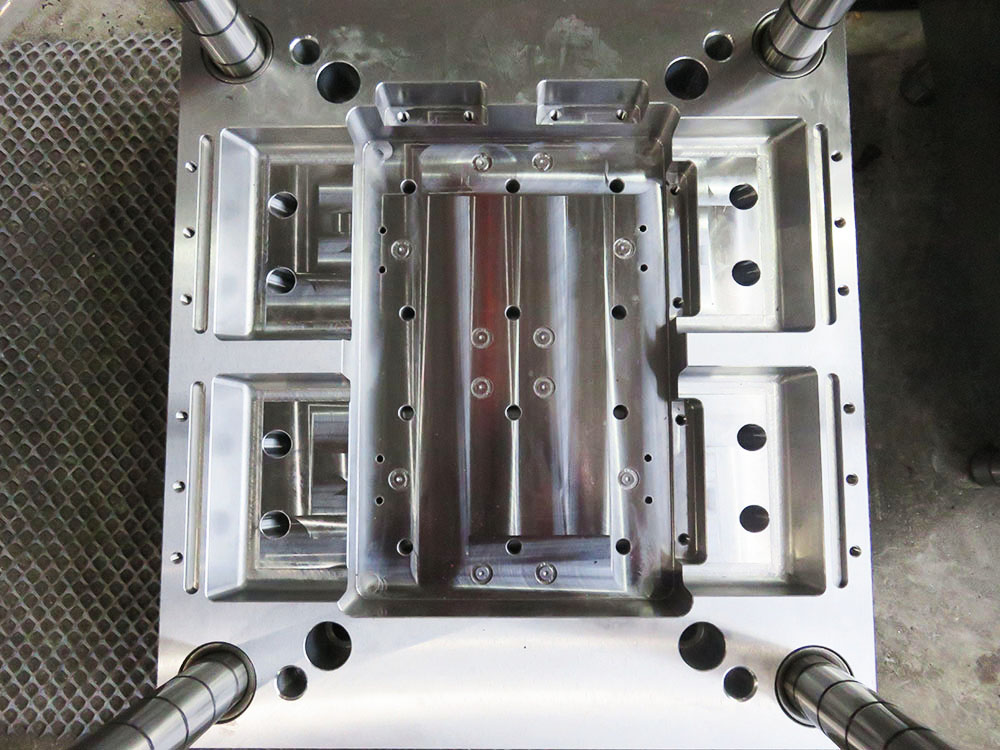The Advantages of Iron Casting Mould Frames
Mold bases play a crucial role in the manufacturing of various products. They provide a foundation on which molds are built, allowing for the accurate and efficient production of intricate parts. One popular material used for mold bases is iron casting. In this article, we will explore the advantages of using iron casting mould frames in the mold base industry.
1. Strength and Durability
Iron casting mould frames offer exceptional strength and durability. Iron is a robust material that can withstand the rigors of the manufacturing process, including high pressures and temperatures. This strength ensures that the mold base remains intact and maintains its structural integrity throughout repeated use. Additionally, iron casting provides resistance to wear and tear, prolonging the lifespan of the mould frame and reducing the need for frequent replacements.
2. Thermal Conductivity
Iron has excellent thermal conductivity properties, making it an ideal choice for mold bases. The ability to efficiently transfer and dissipate heat is crucial in molding applications where temperature control is essential. Iron casting mould frames can efficiently absorb and distribute heat, helping to maintain a consistent and controlled temperature throughout the mold. This ensures optimal conditions for the molding process and improves the overall quality of the finished products.
3. Dimensional Stability
Another advantage of iron casting mould frames is their exceptional dimensional stability. Iron has a low coefficient of thermal expansion, which means it is less likely to deform or change shape when exposed to temperature fluctuations. This stability is crucial in mold bases as it ensures consistent dimensions and tight tolerances, resulting in precise and accurate finished parts. The use of iron casting can help minimize variations and defects that can occur during the molding process.
4. Machinability
Iron is a highly machinable material, making it easy to manufacture complex and intricate mold base designs. It can be efficiently shaped, drilled, and milled to meet specific requirements, allowing for customization and versatility in mold base production. The machinability of iron casting mould frames enables the creation of intricate features and inserts, increasing the design possibilities and functionality of the mold base.
5. Cost-Effectiveness
Iron casting mould frames offer a cost-effective solution for mold base production. Iron is relatively inexpensive compared to other materials commonly used in mold bases, such as steel or aluminum. The availability and affordability of iron make it a viable option for manufacturers aiming to reduce costs without compromising on quality. Furthermore, the durability and longevity of iron casting mould frames minimize the need for frequent replacements, resulting in long-term cost savings.
Conclusion
In summary, iron casting mould frames provide numerous advantages in the mold base industry. Their strength, durability, thermal conductivity, dimensional stability, machinability, and cost-effectiveness make them an excellent choice for various molding applications. By utilizing iron casting mould frames, manufacturers can enhance their productivity, improve the quality of finished products, and optimize their manufacturing processes.




